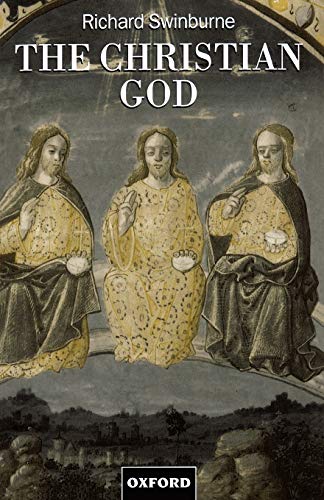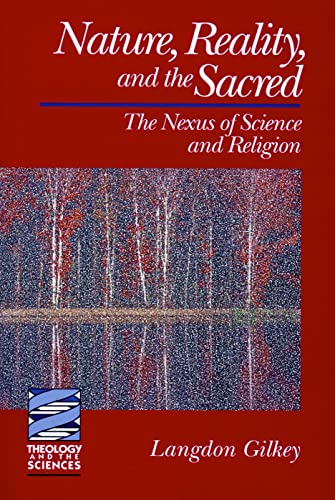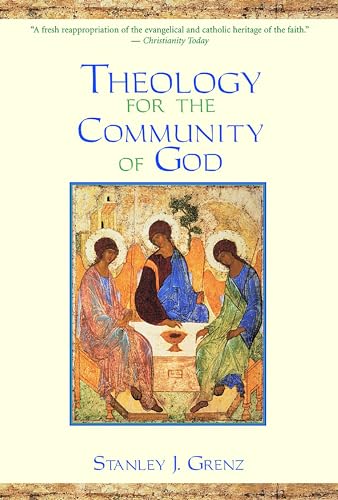Ezekiel and the Leaders of Israel (VTS 65)
Written by Iain M. Duguid Reviewed By Daniel I. BlockEvery so often one comes upon a book in which the treatment of a subject satisfies the anticipation created by the title. This is such a book. Ezekiel and the Leaders of Israel is a revision of the author’s Cambridge PhD dissertation, written under the supervision of H.G.M. Williamson. Following a brief overview of past treatments of the book of Ezekiel, Duguid launches into his analysis of Ezekiel’s perspective on various categories of leaders in Israel, dealing successively with kings and princes, priests and Levites, prophets and lay leaders (śārîm, zĕqēnîm, ‘am hā’āres). After a careful identification of each leadership class, the author explores the exilic prophet’s attitude toward the respective groups. First he examines Ezekiel’s criticism of their past conduct; then he analyses each group’s prospects for the future. He concludes generally that in Ezekiel’s vision of Israel’s future past grievances and abuses by the nation’s leaders are resolved. In the process, the Zadokite priests are rewarded with greater honour for their past righteousness, but other groups (elders and other nobility) are marginalized. The curtailment of previously exploitative royal power is reflected in the preference for the title nāsî’, ‘prince’, over melek, ‘king’, in chapters 40–48. Ezekiel’s plan for the future does not involve merely tinkering with the political and religious structures of the past. He envisions a wholesale internal and external reordering of society, so that the entire community may function freely and orderly as the people of Yahweh for the glory of Yahweh.
While few will agree with Duguid on every detail, and some will regret the lack of attention to their own favourite texts, the author’s general thesis is convincing. Many readers of Themelios will welcome in particular his contribution to the discussion of specific critical issues related to the study of the book of Ezekiel. Three of these deserve special notice. First, the author demonstrates that while Ezekiel prefers nāśî’ to melek as his designation for the present and future Davidic rulers, this preference should not be absolutized; the requirements of the context determined which term was used. Second, Duguid establishes persuasively in the mind of this reviewer that Gesé’s so-called nāśî’ and Zadokite strata in Ezekiel 40–48 are mythical. Third, building on the work of J.G. McConville and R.K. Duke, the author argues that, rather than being downgraded to a lower cultic position, in Ezekiel’s vision of the future the Levites are restored to their pre-exilic honourable status. If anything, the people are downgraded in relation to the Levites.
Duguid’s organization of his material is clear; his compositional style is lucid. The discussion in the body of the text is supplemented with numerous reference and content footnotes. A lengthy bibliography, followed by indices of foreign expressions, authors cited, and biblical references respectively, enhance the usefulness of the volume. The author and the editors of the supplements to Vetus Testamentum are to be congratulated for this superb addition to the series.
Daniel I. Block
Southern Baptist Theological Seminary, Louisville







